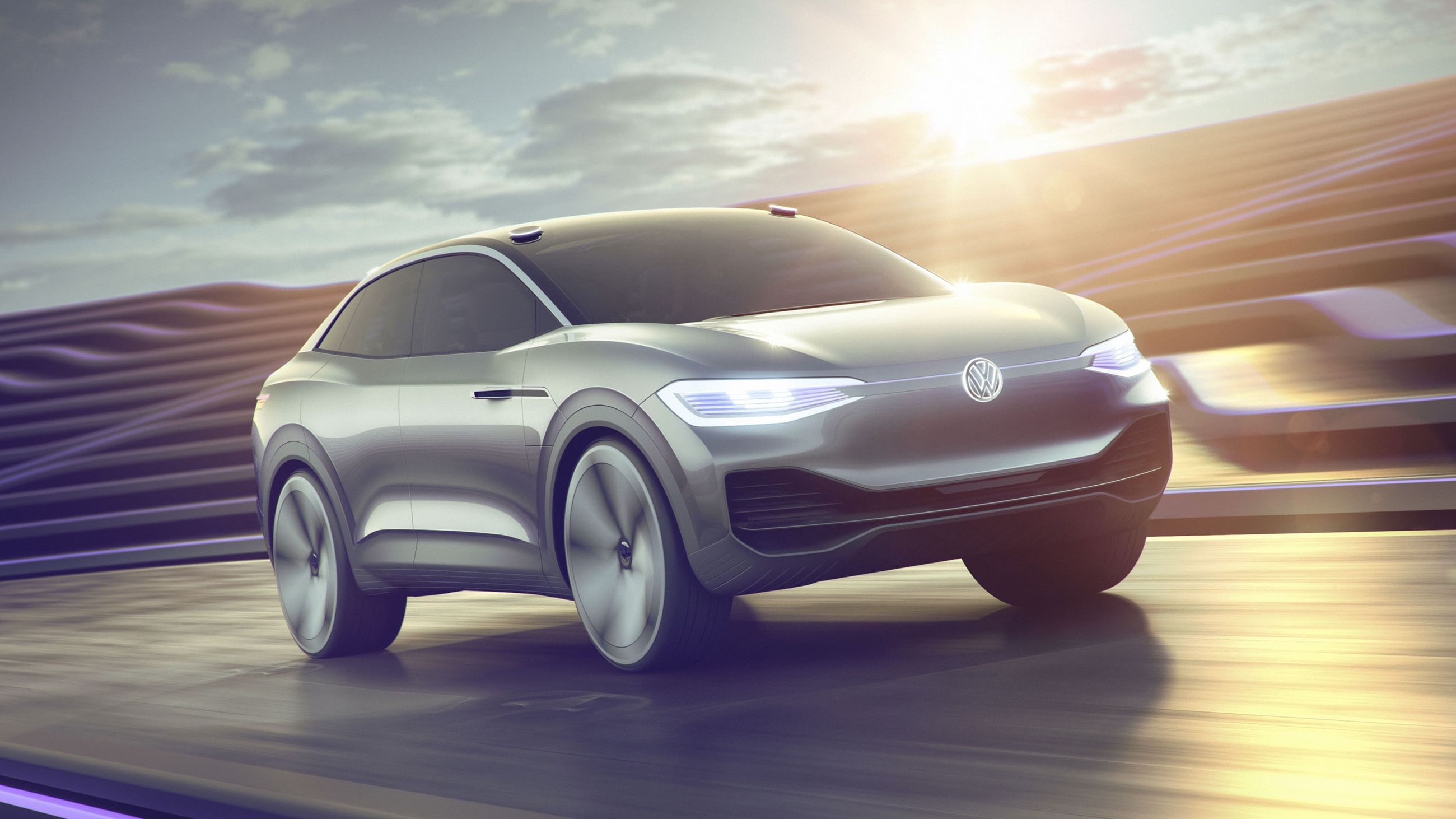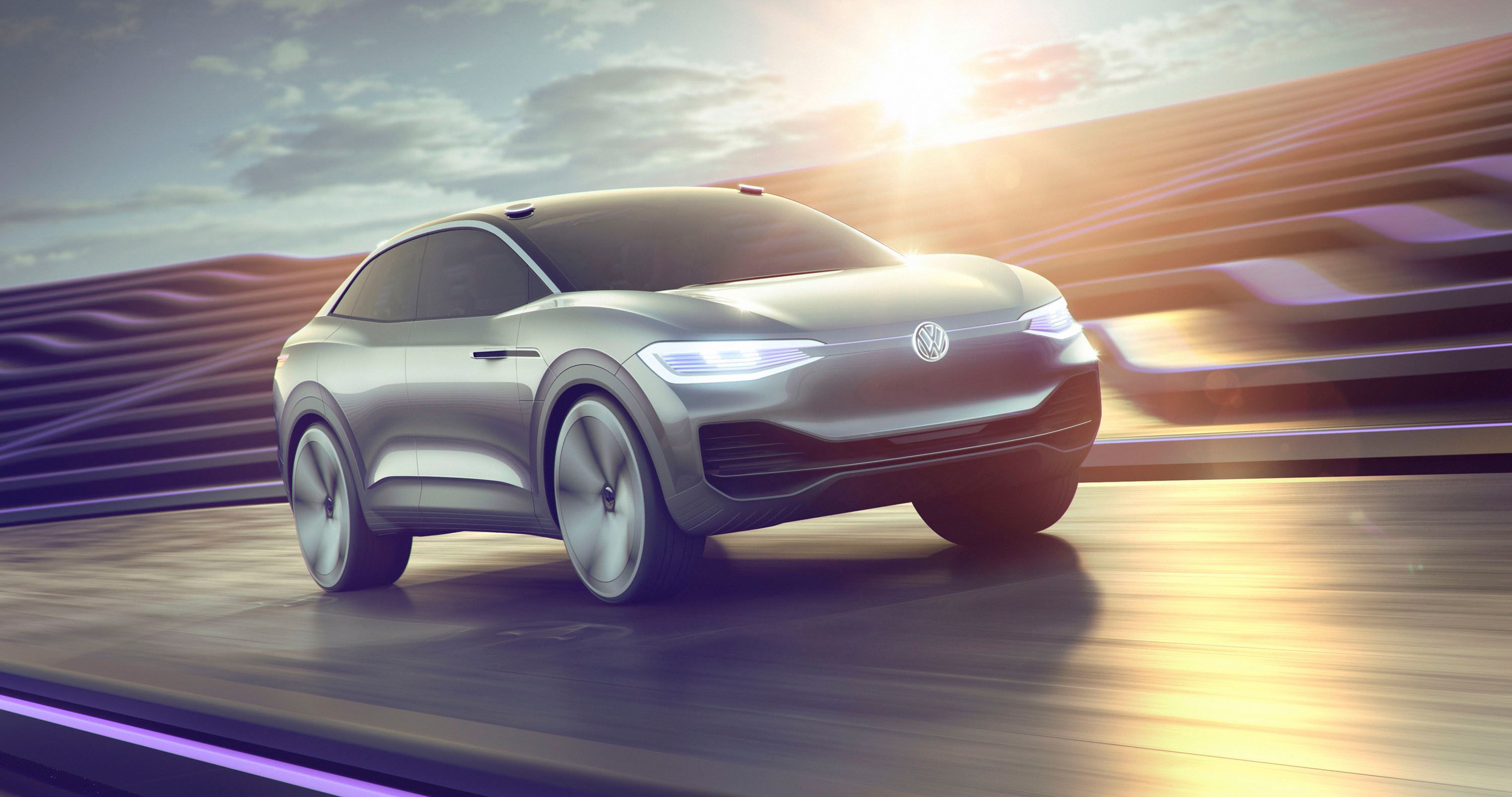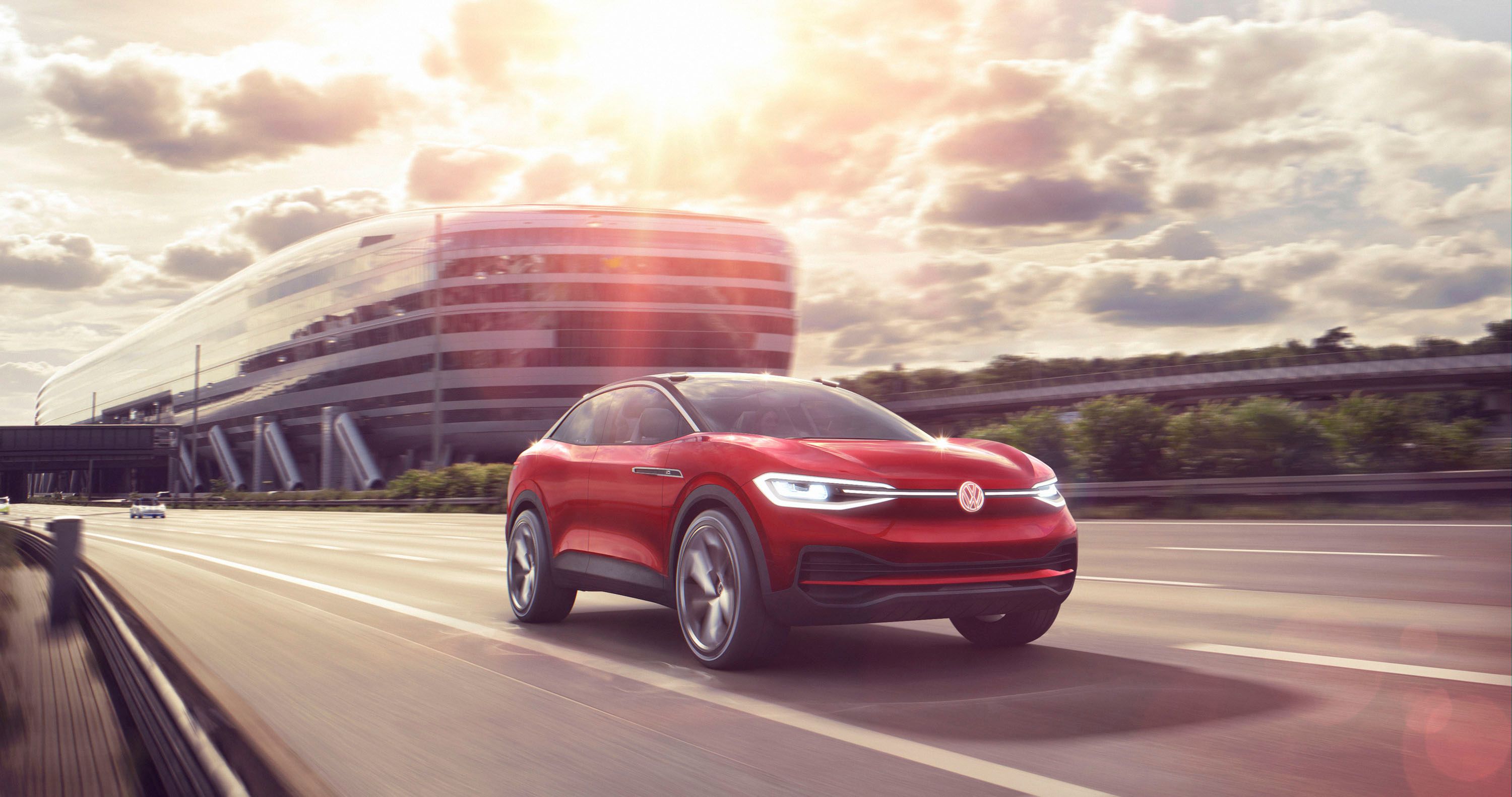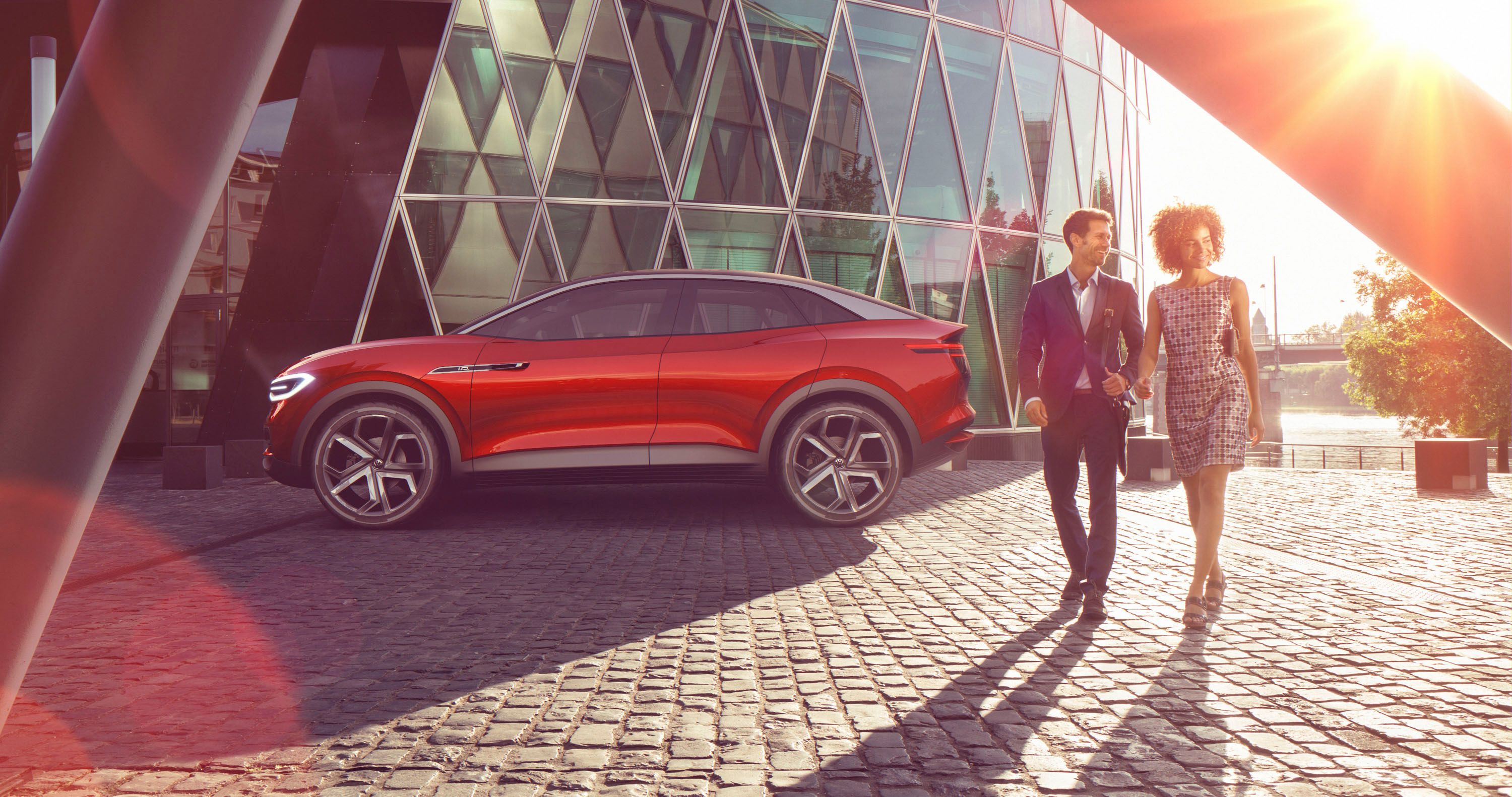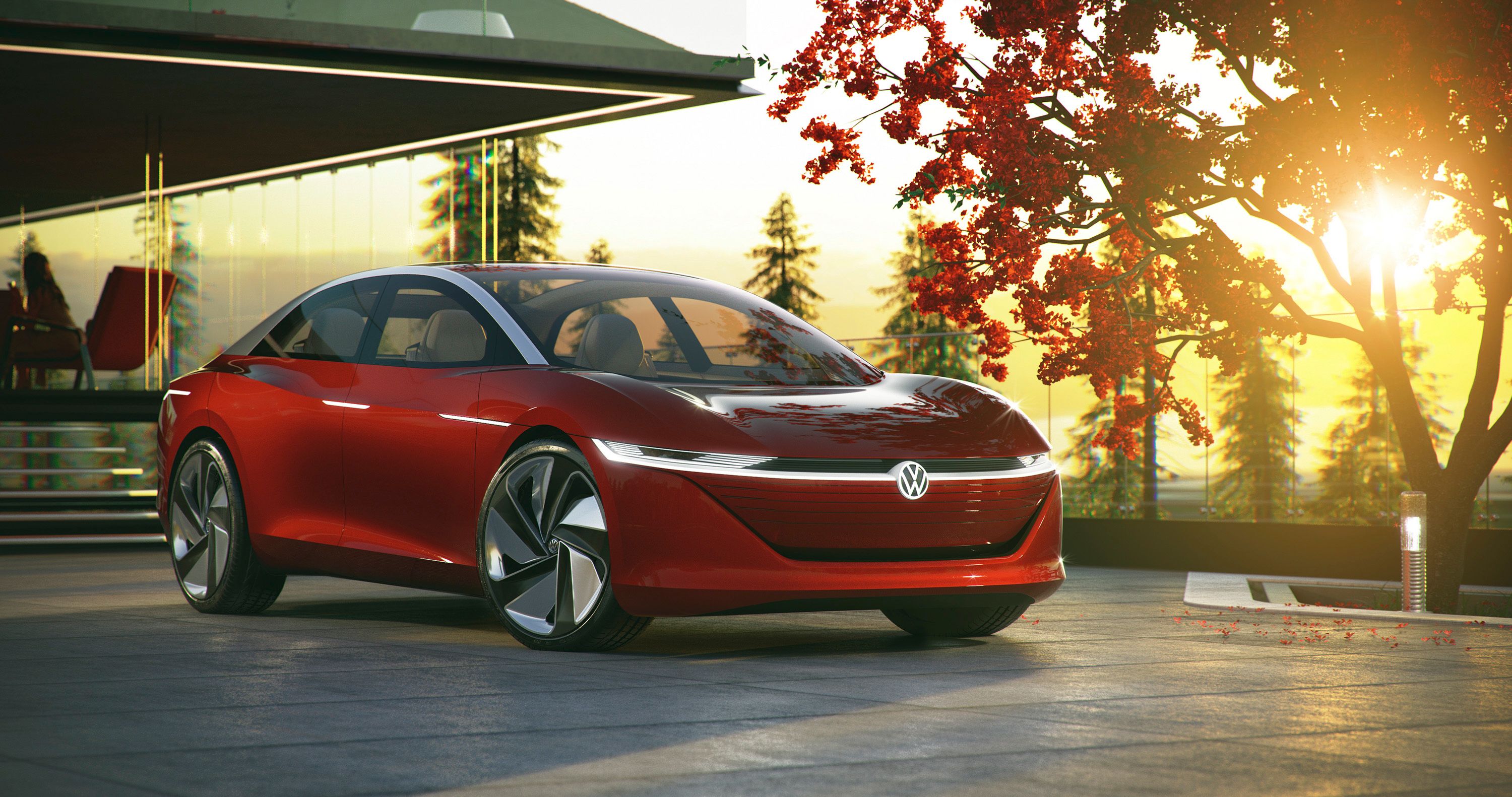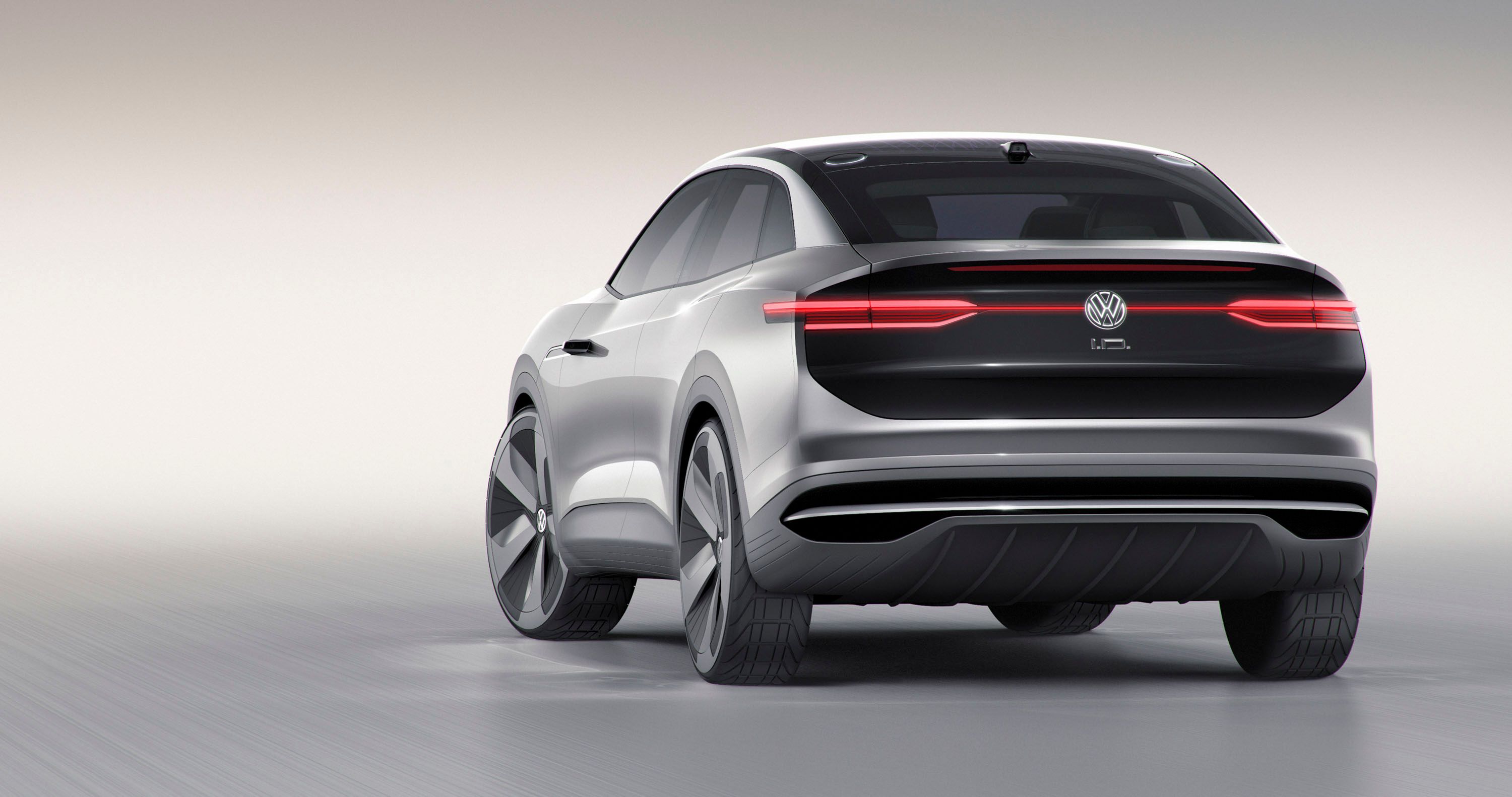Volkswagen Group is on a roll right now - almost so well that we've nearly forgotten about the Dieselgate emissions scandal. Volkswagen has said that it will be increasing its current target of 50 electric models across its brands to 70 models by the end of 2030. With this expansion, Volkswagen electric cars are expected to comprise around 40-percent of total vehicle sales. Sounds insane, right? Well, you can probably expect Volkswagen to achieve it soon if things keep going so well with the brand's EV push.
Volkswagen Has a Very Ambitious EV Plan
Volkswagen Automotive Group has set its eyes on the electric future and is the fiercest competitor in the race to be the EV leader right now. The company has been launching and debuting its EVs at all major auto shows.
Tweaks In The Original Plans
Volkswagen's chief, Herbert Diess, said that company has slightly drifted from its original plan to go green. In fact, this plan has gotten better.
Volkswagen Has Been Investing A Lot In Technology Lately
Diess also addressed the 'invasion' of software and technology into vehicles. "Volkswagen is changing fundamentally", he said. "This supertanker is picking up speed and is becoming faster and more agile. Volkswagen is evolving from carmaker to software company." Volkswagen has signed an agreement with Microsoft to create the Volkswagen Automotive Cloud. Volkswagen also says that it wants to become more like a mobile phone company, with drivers ‘buying into’ the Volkswagen connected network. In the future, all Volkswagen cars will have an individual ID, allowing the company to be in direct connection with the owners.
The New MEB Platform Will Underpin EV Models Across Brands
Volkswagen has also developed the new MEB platform and is striving towards making it the 'new standard for industry.' It has joined hands with Ford to build vans and pickup trucks that also includes the next-generation Amarok pickup truck. Post the launch of the Audi E-tron and the Porsche Taycan, the first two launches from the group, Volkswagen will launch the ID hatch, Crozz, and Buzz, the Skoda Vision E, and the Seat el-Born.
Talking about the company's immediate launches, the high-profile Porsche Taycan and the Audi E-tron. Volkswagen says they have received around 20,000 ‘expressions of interest’ for each of these vehicles. The Taycan will be powered by four individual permanent magnet synchronous electric motors, one per wheel. It will produce roughly 600 horses and will take 3.5 seconds to touch the 60-mph mark from a standstill. As for the E-tron, it will be powered by two electric motors, one on each axle, producing 402 horses and 490 pound-feet of torque combined. The e-tron will take 5.8 seconds from 0 - 60 mph in normal mode, and 0.3 seconds less in the overboost mode.
WLTP Regulations Sure Choked The Automakers
We saw the death of many cars because of the stringent WLTP rules last year. However, Volkswagen did quite well despite the obstacles. Diess said, "2018 was a successful year despite the strong headwinds. We delivered 10.8 million vehicles globally, up from 10.77 million in 2017, which included 17 new models." Diess said that the company's biggest challenge in 2018 was the shift to the new WLTP fuel economy test regime in Europe: "This change over caused a downturn in sales and loss of market share because numerous vehicles were delayed in coming to market. Having a complex product portfolio hit us and hit Audi very hard." The automaker chopped of 27-percent of its engine-variant combinations which resulted in reduced fixed and manufacturing costs. Not to mention, there are numerous combinations on offer despite the reduction.
Final Thoughts
With new ambitious plans and an aggressive approach, Volkswagen may very well be the leader in EV market as well. Where does this leave the mainstream electric car automakers like Tesla and Rivian? Do you think they will be blown out of water by the sheer magnitude of the giant known as the Volkswagen group, or will they be able to compete strongly against it? Volkswagen has to steamroll the competition, and it will be interesting to see how the rivals move forward. What are your thoughts on this? Share them with us in the comments section below.
Further Reading
Read our full speculative review on the 2020 Volkswagen ID Neo.
Read our full speculative review on the 2020 Volkswagen ID Crozz.
Read our full review on the 2016 Volkswagen ID Concept.
Read our full review on the 2017 Volkswagen I.D. Crozz II
Read our full review on the 2017 Volkswagen I.D. Crozz
Read our full review on the 2017 Volkswagen I.D. Buzz.

